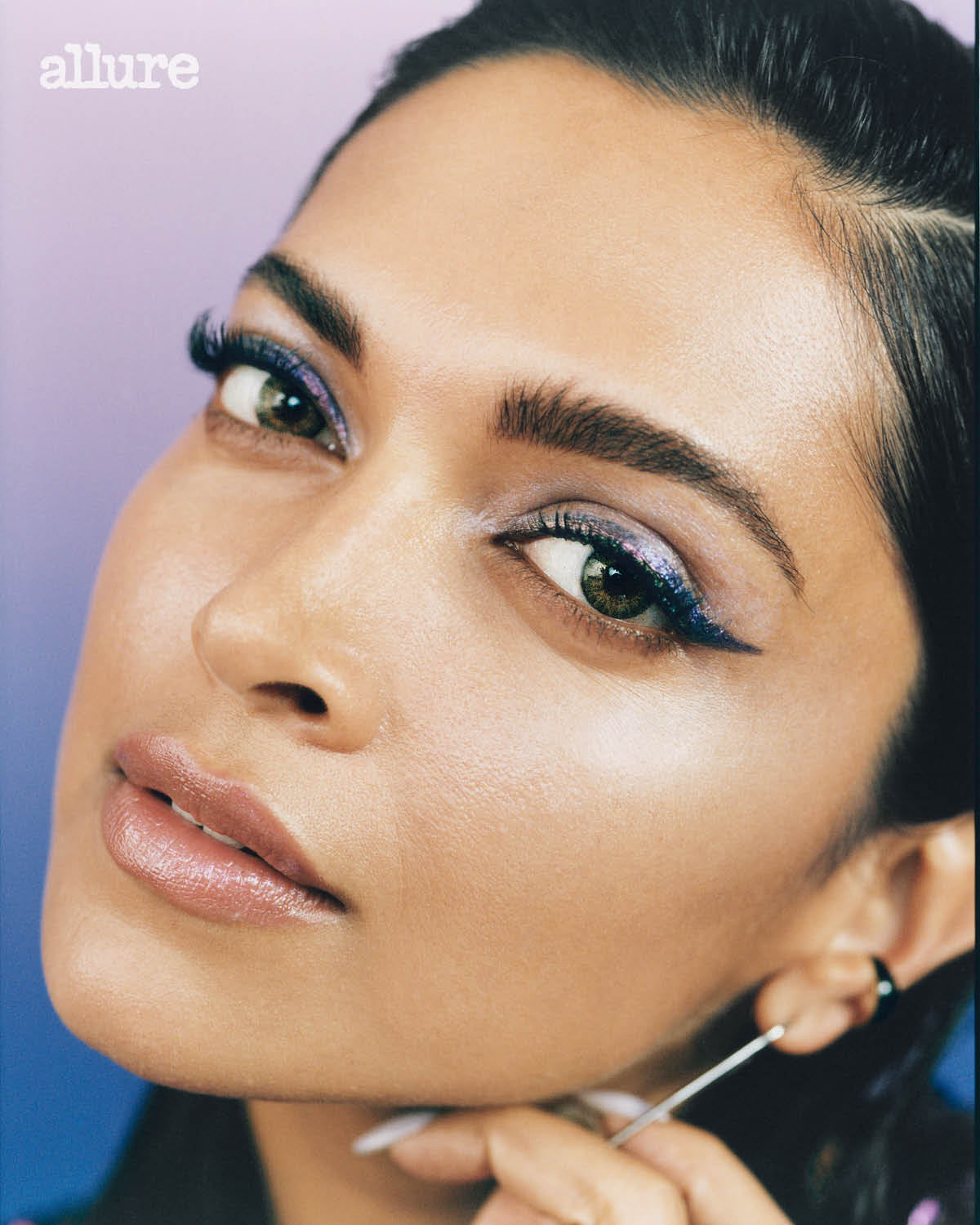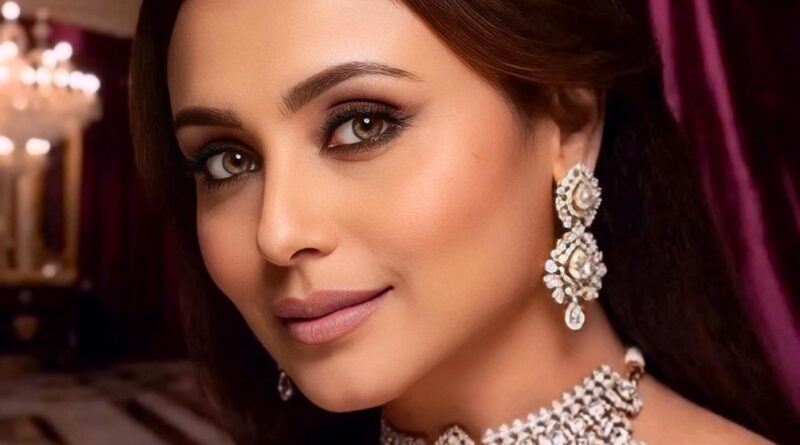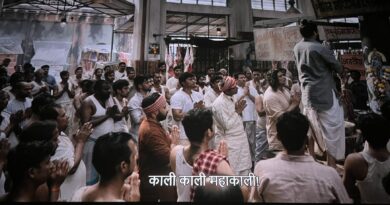Bollywood’s Fight for Balance: When Stardom Meets Motherhood
As the debate over shorter workdays rages in Hindi cinema, Rani Mukerji shares her untold story of balancing scripts and sleepless nights, echoing Deepika Padukone’s bold stand and igniting a call for change.
NewsArc Lifestyle Bureau
In the dazzling whirlwind of Mumbai’s film world, where spotlights outshine the sun and deadlines chase you like relentless fans, Rani Mukerji stood as a beacon of grit. At 40, she was a veteran of raw, soulful roles—a star who could silence a set with a single glance. Yet, behind the flawless kohl and couture, she was also “Mummy,” soothing her toddler daughter, Adira, in stolen moments before the cameras rolled.
The industry was alight with tension after Deepika Padukone walked away from Spirit, a high-stakes cop drama poised to redefine action heroines. Fresh from welcoming her first child, Deepika cited the brutal 15-hour shoots as her breaking point. “I can’t split my heart between a set and my daughter,” she told a packed press meet, her voice firm but eyes heavy. Her exit fueled a storm, with social media erupting in #8HourSet calls and petitions for humane schedules, especially for parents. Directors grumbled about disrupted visions; producers fretted over soaring costs. Rani, stirring her morning tea, watched quietly, her mind drifting to her own hidden struggles.

Three years earlier, on the set of Hichki, Rani was navigating her own tightrope. Eight months postpartum, her body still adjusting, she faced relentless 14-hour days under glaring studio lights. “Bring your magic, Rani,” the director had urged. Magic, she thought wryly, as she pumped breast milk in a cramped vanity van, the drone of generators muffling Adira’s cries from the nanny’s arms nearby. The call sheet didn’t account for motherhood—just endless takes of her character overcoming odds, mirroring her own silent battles.
One humid August night, after a grueling 13-hour shoot dodging props in a staged classroom, Rani sank into her car, exhausted. Her phone pinged: a message from home about Adira’s fever, her small voice calling for “Mumma.” Racing through Juhu’s traffic, Rani reached her daughter by midnight, cradling her under a soft nursery glow, breastfeeding as tears fell. The scent of baby powder mingled with the faint trace of set makeup. “How do we keep going?” she whispered to the shadows. “How do we shine when our hearts are stretched so thin?”
The next day, as talk shows dissected the #8HourSet debate—pundits arguing art versus empathy—Rani chose to speak. At a Women in Cinema forum, she gripped the mic, her saree a quiet armor. “I’ve wept on cue for roles that break hearts,” she said, her voice slicing through the hum, “but I’ve also ducked into corners to feed my daughter between shots, praying the crew wouldn’t notice. We film through chaos, through pain—but motherhood? That’s the role you can’t rehearse.”
She scanned the room: young editors with babies at home, grips checking nanny cams. “Eight-hour shifts aren’t a favor—they’re a lifeline. Deepika didn’t leave Spirit because she’s frail; she left because the system failed her. Her courage lights the way. And to those who say it’s impossible? I’ve given 12 hours to a film and 12 to my daughter in one day. Change isn’t easy—it’s just time.”
The applause was thunderous, but Rani’s thoughts turned to Deepika, her friend from a decade-old comedy shoot. A quick message followed: You’re not alone, D. Let’s fix this together. Deepika’s reply—a smiley and a vow to co-write a manifesto—sealed their pact.
As dusk painted the Mumbai skyline, Rani tucked Adira into bed, her tiny hand curling around her finger. The fight was far from won—unions clashed, and actors threatened walkouts—but in that quiet moment, Rani felt a spark of triumph. Bollywood’s leading ladies weren’t just surviving the glare; they were rewriting its rules, one shift, one story, at a time.




